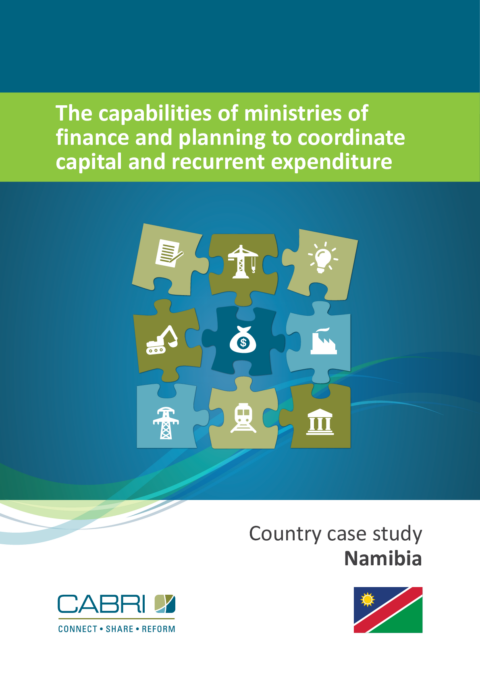
Integrating capital and recurrent expenditures appropriately is a budget coordination problem faced by many ministries of finance in Africa. This country case study is an annexe to the synthesis reportthat assesses the effectiveness of mechanisms used by the finance ministries of Botswana, Namibia, Rwanda and South Africa to integrate these expenditures within the overall budget process. It seeks to answer the following question: When are finance ministries in countries with different institutional structures and economic conditions best able to coordinate the activities of various actors in order to integrate public capital and recurrent expenditures?
The fieldwork was undertaken in 2016 and the findings of this report reflect a snapshot of the case study countries’ systems and the associated lessons that could be learnt from their circumstances at the time.
Year: 2017 Theme: Building Public Finance Capabilities, Capabilities Assessment, Institutional capabilities Countries: Namibia Language: English